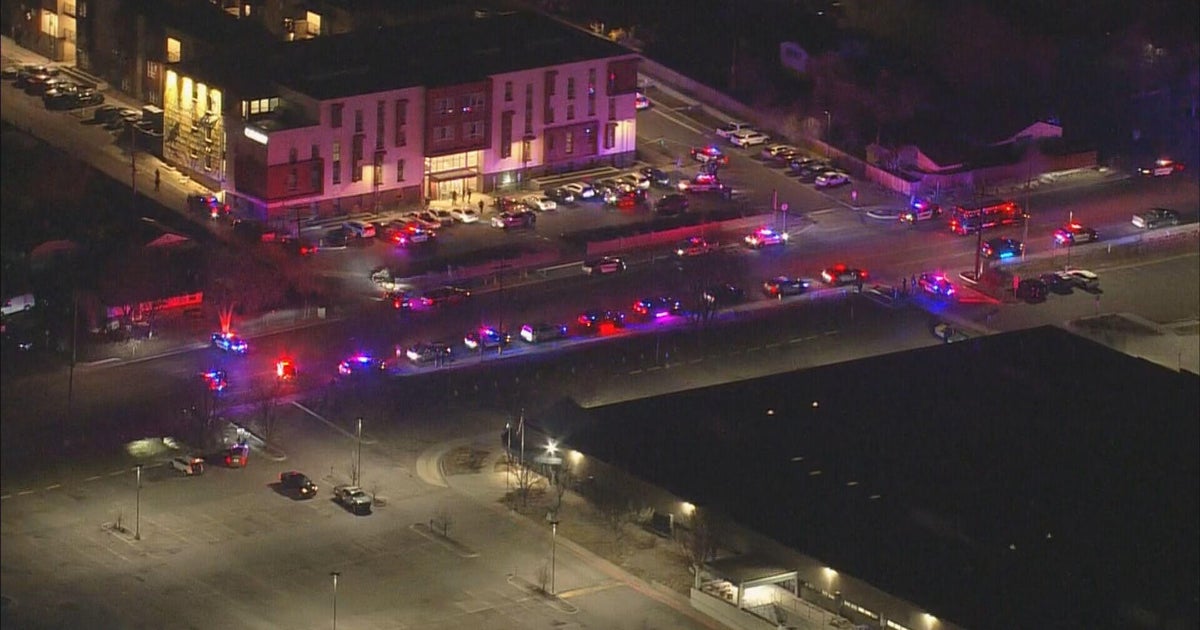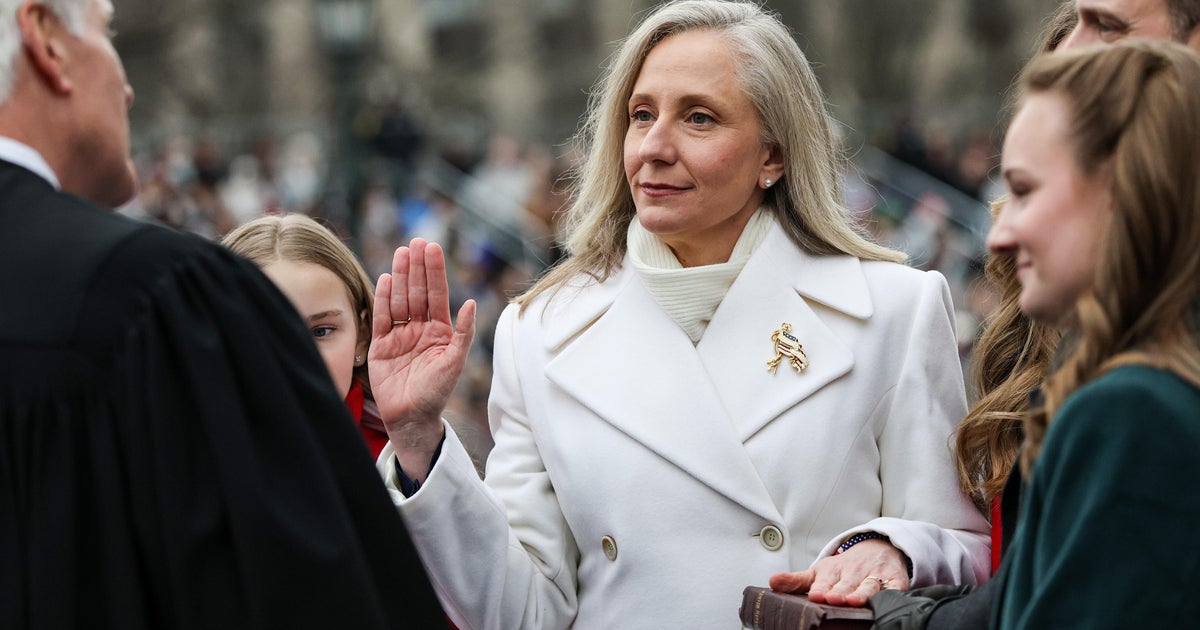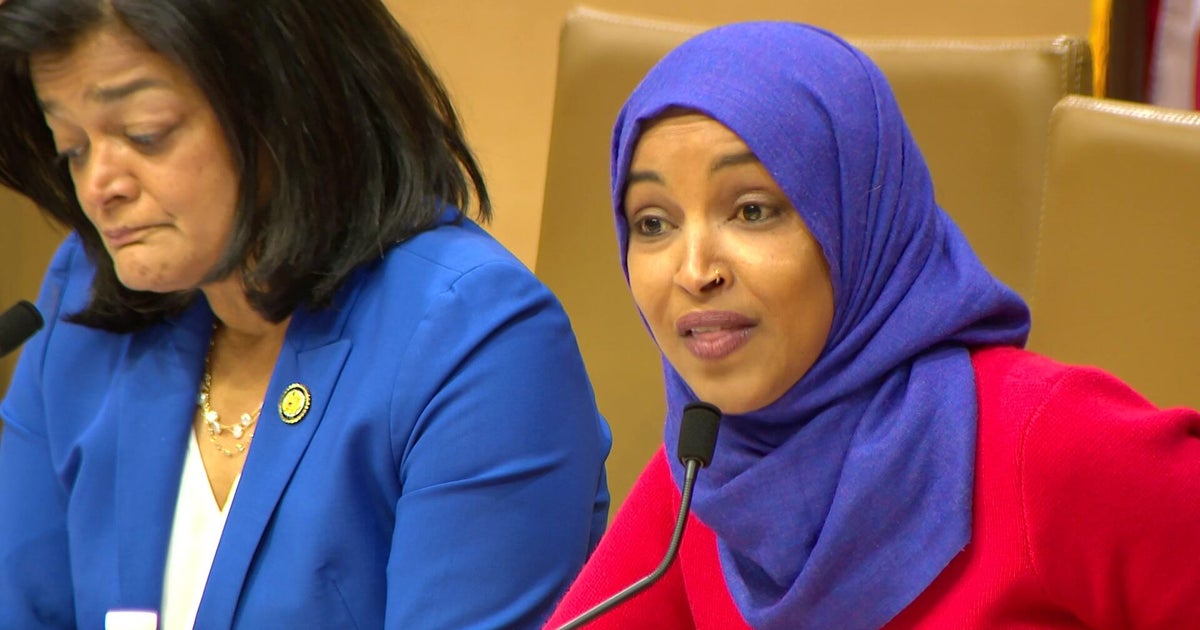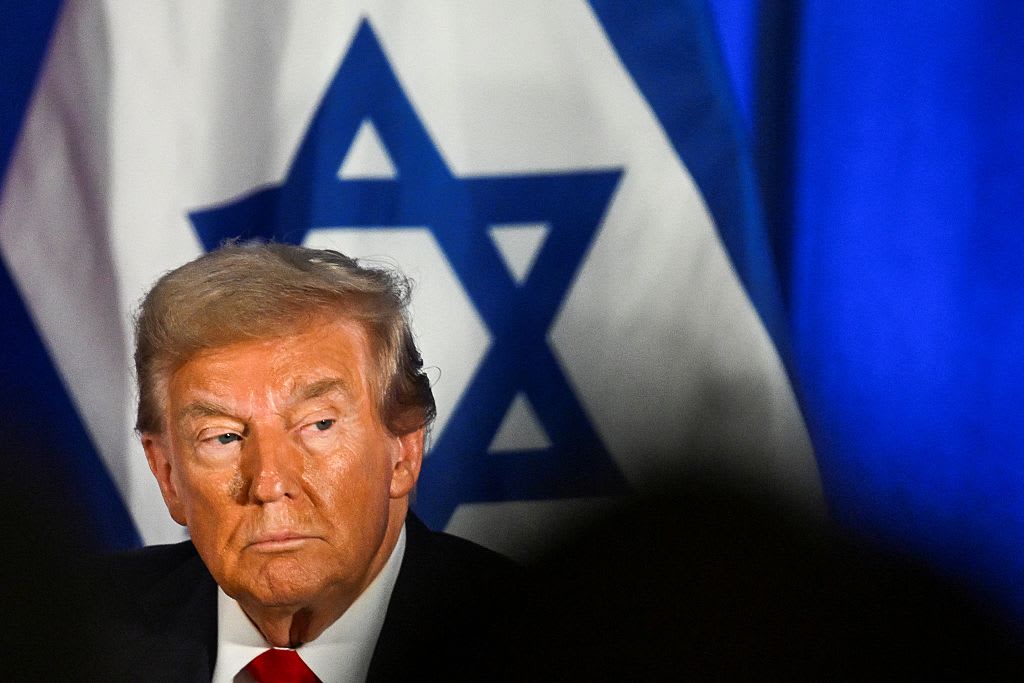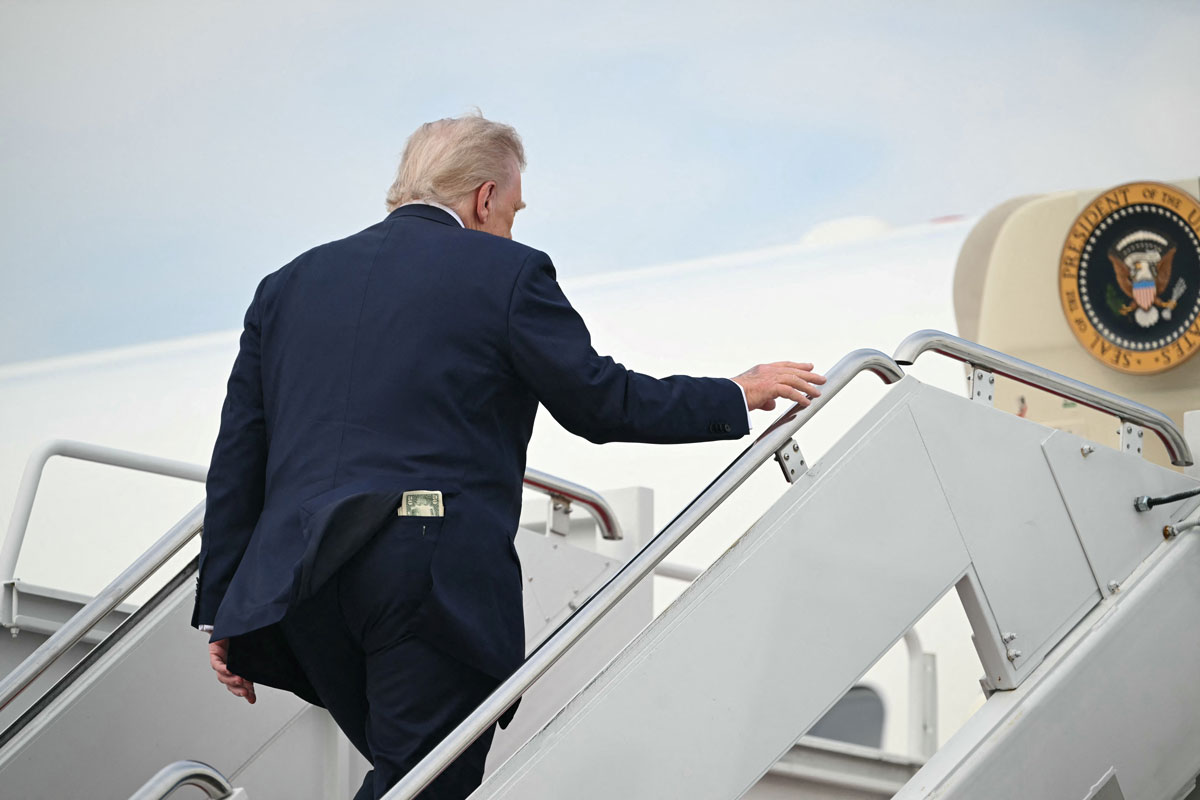Kinzinger says he "would love" for Pence to testify before January 6 committee
Washington — GOP Rep. Adam Kinzinger of Illinois said Sunday he "would love" for former Vice President Mike Pence to voluntarily appear before the House select committee investigating the January 6 assault on the U.S. Capitol.
Pence played a crucial role in the congressional proceedings on January 6, rebuffing pressure by then-President Donald Trump to reject electoral votes from key battleground states he lost and ultimately reaffirming President Biden's win. While some of his aides have answered questions from House investigators, Pence has not done so.
Asked whether he would like to see the former vice president come forward and meet with the select committee, Kinzinger, one of two Republicans on the panel, said he "would love to see that."
"I would hope and think that the vice president would want to come in and tell his story because he did do the right thing on that day," he said. "If he doesn't, then we'll look at the options we have available to us if there's information we don't already have."
The Illinois Republican said the committee will make decisions about who it wants to hear from in the next two weeks as it works on its hearing schedule and the content of upcoming proceedings.
"Right now, we're kind of not even building a broader narrative," Kinzinger said. "We're going deeper with richer and more detail to show the American people."
In the course of its investigation into the events running up to and on January 6, the committee has conducted nearly 935 interviews and depositions and received more than 100,000 documents.
While investigators have requested some Republicans in Congress, including House Minority Leader Kevin McCarthy and Reps. Jim Jordan of Ohio and Scott Perry of Pennsylvania, to appear before the panel voluntarily, committee members have not yet decided whether they will issue subpoenas to compel lawmakers' testimony.
Kinzinger, though, said he favors subpoenaing Republican members, but noted moving forward with one is "a strategic, tactical decision and a question of whether or not, you know, we can do that and get the information in time."
"I think ultimately whatever we can do to get that information — I think if that takes a subpoena, it takes a subpoena," he said. "But I think the key is, regardless of even what some members of Congress are going to tell us, we know a lot of information around it."
Nearly all of the committee's work thus far has been conducted behind closed doors, but the panel is preparing to move into the public phase of its investigation. Committee Chairman Bennie Thompson, a Democrat from Mississippi, said last week the panel plans to hold eight public hearings in June, the first of which will be June 9.
Following the hearings, the committee intends to release a full report of its findings in early fall, he said.
